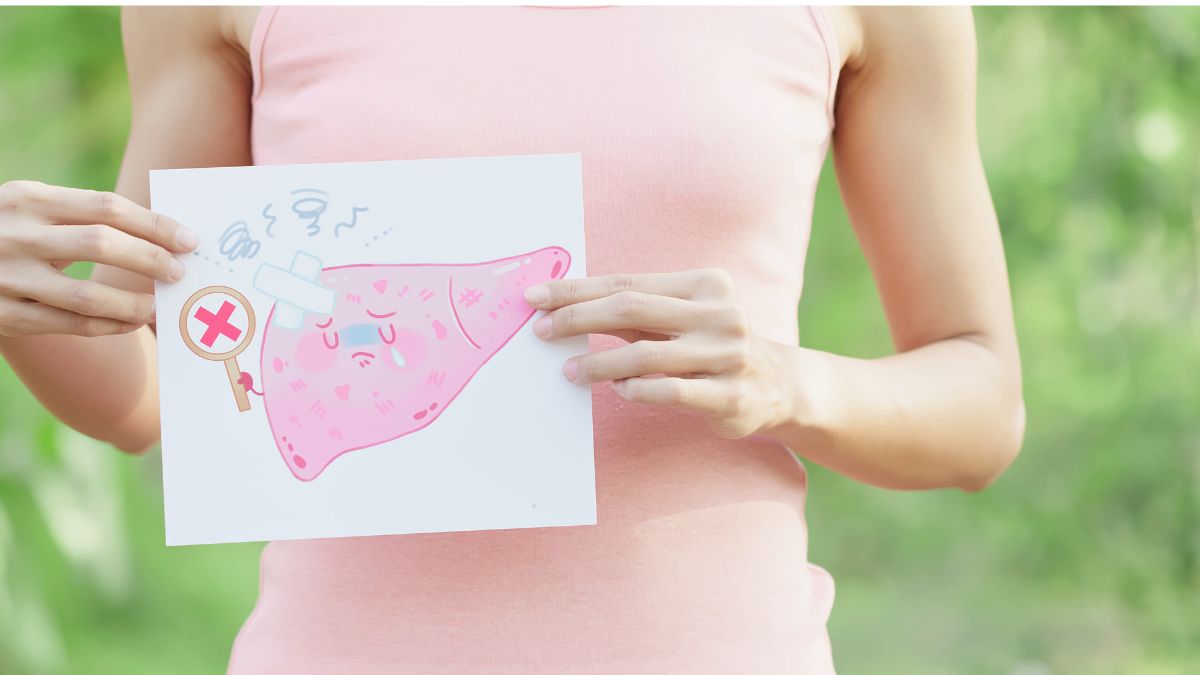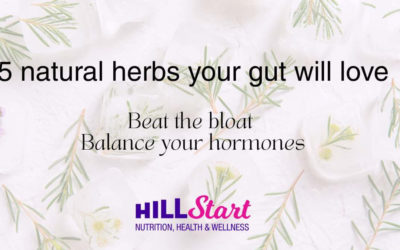When you think about your liver do you just think that it is the organ that processes alcohol and detoxes?
January is ‘love your liver’ month. And after taking a quick poll of friends and family the consensus around the liver is ‘please don’t tell me I can’t drink’ and ‘do I need to do a liver detox’. So this article is to try and help you understand what else your liver does besides, and help you learn to love your liver.
A bit of science
The liver is an organ which is about the size of a football, it weighs around 1.3kg in women. It sits just under your rib cage on the right side of your abdomen, and holds about 13% of our total blood at any one time, and it is responsible for over 500 different actions.
Main functions of the liver:
- processing digested food from the intestine
- controlling levels of fats, amino acids and glucose in the blood
- combating infections
- clearing the blood of particles and infections, including bacteria
- neutralising and destroying all drugs and toxins
- manufacturing bile
- storing iron, vitamins and other essential chemicals
- breaking down food and turning it into energy
- manufacturing, breaking down and regulating numerous hormones including sex hormones
- making enzymes and proteins which are responsible for most chemical reactions in the body, for example those involved in blood clotting and repair of damaged tissues.
One of the liver’s most important functions is to break down food and convert it into energy, otherwise known as metabolism. Carbohydrates, such as bread and potatoes, are broken down to glucose and stored mainly in the liver and muscles as glycogen. When energy is required in an emergency the liver rapidly converts its store of glycogen back into glucose ready for use.
Your liver also helps the body to get rid of waste. Waste products which are not excreted by your kidneys are removed from the blood by the liver. Eventually being eliminated by the bowels.

Drugs and your liver – detoxification
All drugs, including alcohol are broken down by the liver. There are two main phases of detoxification, phase I and Phase II. Phase I is where the body breaks the substances down and then Phase II conjugates the substances to allow them to be excreted. Whilst both are, obviously, important, we mostly discuss Phase II as this is the key for the elimination, and ensuring toxins are removed from the body.
The liver is so good at it’s job that medicine doses have to be tested for efficiency after passing through the detoxification process.
Whilst the liver is extremely efficient, the level of toxins in your diet can have an effect on the health and efficiency of the liver.
Toxins in your diet:
- prescription medication
- over the counter medication (such as paracetamol)
- alcohol
- chemicals in processed food
- trans fats
- chemicals in the environment
Do I need to detox my liver?
The liver is the ONLY organ in the body that can regrow, it has an amazing ability to repair itself. Until, that is, cirrhosis occurs and repair can no longer be done. It is therefore a very resilient organ and with a little bit of care and attention it will not only repair itself but look after you for the entirety of your life cycle.
Typically in January there is an abundance of detox diets on the internet. Whilst they can be beneficial for your health, helping you to eliminate foods and toxins from the diet that cause strain on the liver, it is possible to support the health and repair of your liver by some simple changes to diet and lifestyle.
Eating a diet filled with colourful fruits and vegetables helps not only give your body the nutrients it needs but also helps repair any damage to all cells including your liver. The fibre in fruits and vegetables will also bind to any toxins and improve elimination. And if you can include cruciferous vegetables such as cabbage and broccoli even better.
Studies have shown that those who regularly drink green tea, which is naturally high in antioxidants, improved levels of liver enzymes, reduced oxidative stress and lowered fat deposits in the liver.
Beetroot and celery juice are good sources of nitrates and antioxidants which have been shown to help reduce inflammation and stress on the liver. They produce enzymes that flush fat and toxins from the liver. They can also improve circulation in the intestines and stimulate digestion, which helps get everything moving in the right direction.
Not all fats are bad for the liver, whilst trans fats found in processed foods are damaging, unsaturated fats, such as those found in olive oil, nuts and seeds, and fatty fish are supportive of liver health.
Why sugar is bad for your liver
The liver helps to ensure that the level of sugar in your blood (blood glucose) stays constant. If your blood sugar levels increase, for example after a meal, the liver removes sugar from blood and stores it in the form of glycogen. If someone’s blood sugar levels are too low, the liver breaks down glycogen and releases sugar into the blood.
Fatty liver disease used to be associated with alcoholism, this is when the liver cells literally become fatty, if the damage continues this eventually causes liver cirrhosis, which is untreatable and permanent damage to the liver.
Non-alcoholic fatty liver disease NAFLD is growing in all populations and the concerning thing is that it is increasing in children. It is a form of fatty liver in individuals who either do not drink at all, or drink very little. Historically it was thought that it was a disease associated with overweight and obese people, over consumption of calories and and a sedentary lifestyle. The treatment therefore being to improve the diet and manage weight. However growing evidence suggest that diets high in sugar (from sucrose and/or high fructose corn syrup) found in many processed and convenience foods is the driving factor in NAFLD.
Increasingly we are understanding that the quality of the diet is just as important in liver health as the number of calories consumed.
How alcohol affects the liver and NAFL
There is no getting away from the fact that alcohol damages your liver. But, as stated above, your liver can repair itself, and typically man has consumed alcohol in some form for many years. The modern issue with alcohol is the frequency and volume of consumption. So, if you are going to drink here are some tips to help support your liver.
Take a milk thistle supplement, it is a gentle and very safe supplement that supports you liver. If you find one with dandelion, burdock and artichoke, which further support your liver health then even better.
Have rest days. Allowing your liver the time and space to firstly fully detoxify the alcohol from your system, and then do the repair work necessary is key. So at the very least make sure you have at least one rest day between consuming alcohol.
Drink plenty of water, again this is supporting your body to eliminate those toxins.
Liver and the menopause – what you need to know
Oestrogen is metabolised through the liver, and during menopause fluctuating oestrogen levels is a driver of many symptoms.
Whilst lower levels of oestrogen is typically thought to be symptom of perimenopause many women also suffer with oestrogen dominance.
This is partly due to the fluctuating levels of progesterone, but can also be as a result of poor detoxification of oestrogen by the liver.
The symptoms are quite similar, so if you are not going to undergo extensive hormone testing it is sensible to look after your liver health in general throughout your life but particularly in menopause.
The extra stress on the liver dealing with fluctuations in hormones is also thought to be a reason why many women who are going through perimenopause find that their tolerance to alcohol reduces. If this happens to you would be work significantly reducing your intake, or even just stopping completely for a few years whilst you take the change.
If you would like more information about the menopause you will find this article useful
What are the key signs of an unhealthy liver
It is quite difficult to spot early signs of liver disease, which is why it is so important to take care of it before significant and irreparable damage has occurred (liver cirrhosis)
- skin and eyes appear yellowish (jaundice)
- Abdominal pain and swelling
- Swelling in the legs and ankles
- Itchy skin
- Dark urine color
- Pale stool color
- Chronic fatigue
- Nausea or vomiting
- Loss of appetite
- Tendency to bruise easily
Key takeaways
- Give your liver a rest and it will heal itself
- Reduce sugar and processed foods from your diet
- Increase colourful vegetables and fruits
- Healthy fats are good for the liver
Where to go to connect with me further:
I have a wonderful supportive group on facebook that provides free nutrition advice to women of all ages, but particularly those in mid life.
If you want to understand more about how your body works, and how you can make simple yet effective changes to your diet and lifestyle to improve your immediate and long term health – join the club today.




